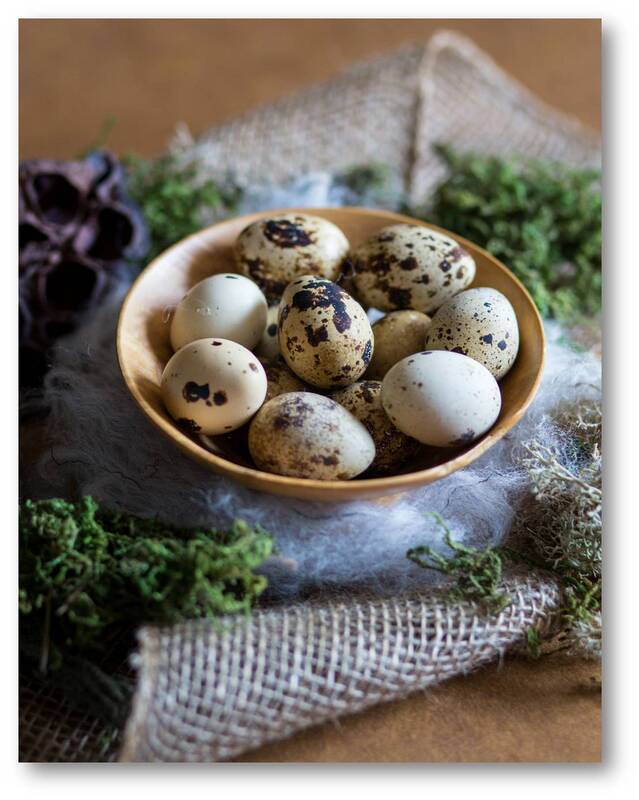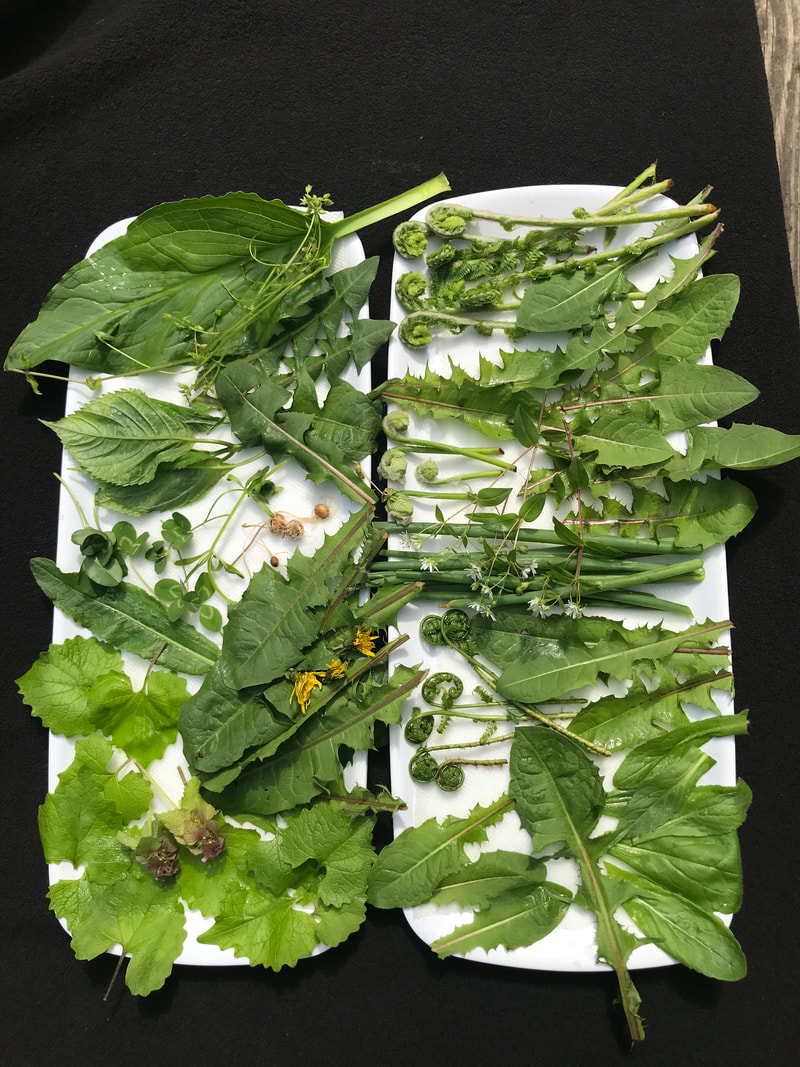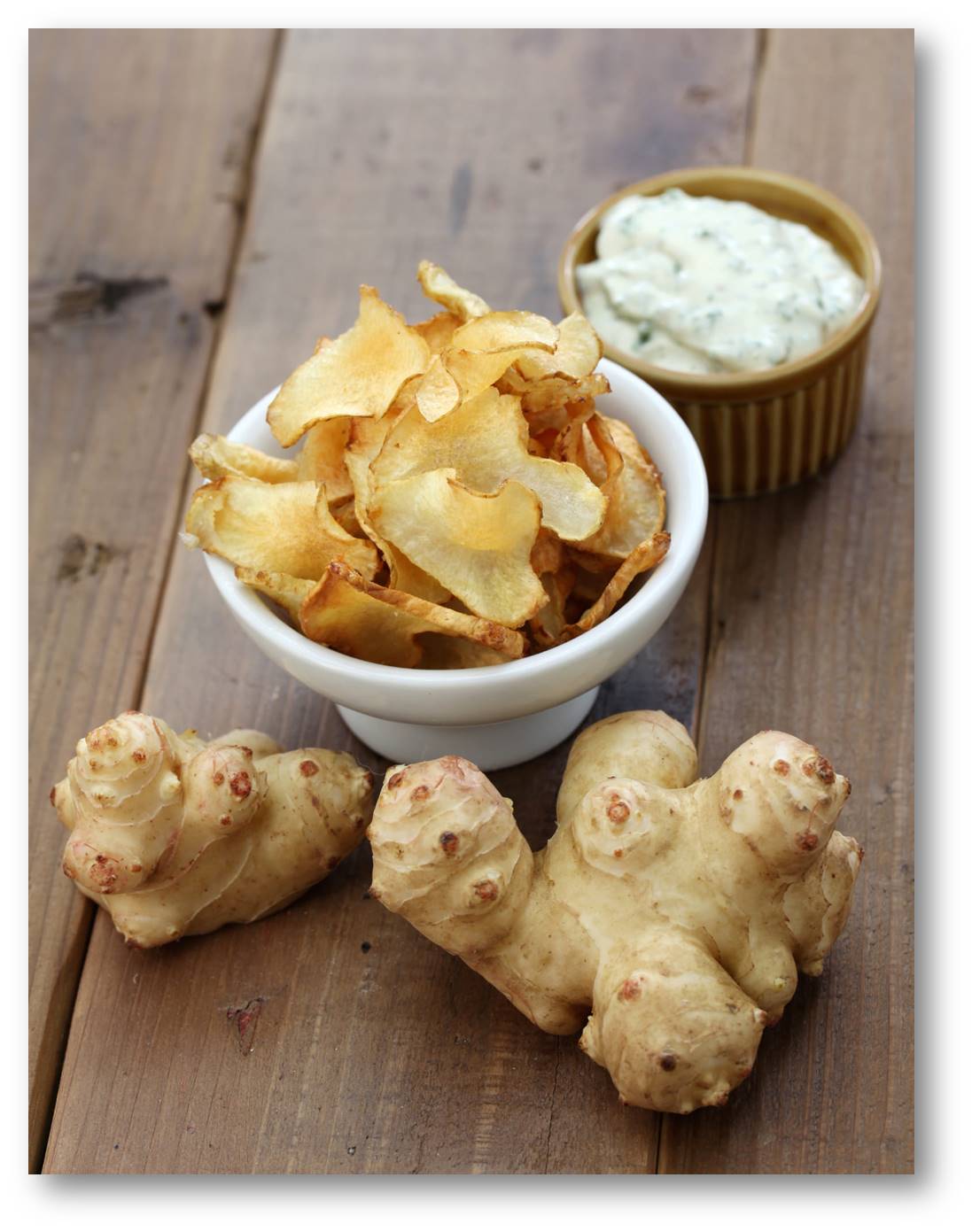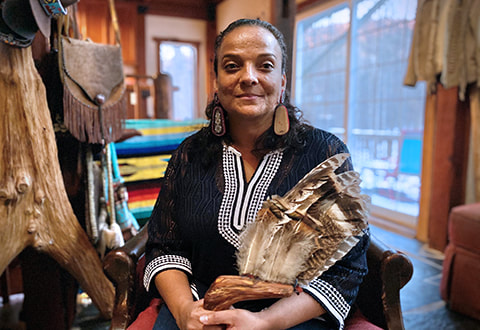- Mast Cell Activation Syndrome
- ARTICLE - "What Not to Eat Article"
- Quail Eggs are reported to possess anti-allergic and anti-inflammatory properties. The National Institute of Health found quail eggs to have a suppressive role in mast cell degranulation or “mast cell stabilizer.” ARTICLE - Inhibitory effects of quail egg on mast cells degranulation by suppressing PAR2-mediated MAPK and NF-kB activation.
- Super Foods
- Anti-Inflammatory Options
- Pomegranate, Green Tea, Turmeric, Avocados, Broccoli, Asparagus, Cranberries, Persimmon, Cinnamon VIDEO LINK
- Dandelions and Berries. Indigenous communities gathered fresh berries and leaves to eat, cook and dry for nutrition and medicine. The native Virginia dwarf-dandelion vaguely resembles today’s commonly introduced dandelion that grows more prolific in America. Dandelion and berries still provide incredible benefits from their flowers, fruit, leaves, and roots. Local berries include blueberries, mulberries, and more. Benefits:
- Antiobesity
- Antihypertensive
- Antioxidative
- Anti-inflammatory
- Antiobesity
- Cerebral Vascular Disease Options
- TBD
- Diabetes Options
- Sunchoke Roots - Among America's oldest foods. Sunchokes, also known as Jerusalem artichokes and earth apple, are hardy plants and are neither artichokes nor are they from Jerusalem. Sunchokes native sunflowers are in the aster family with the genus name from the Greek words Helios meaning sun and anthos for the flower. Sunchoke roots spread and sprout each spring. By fall, one sunchoke plant can produce gallons of edible food.
Sunchokes contain inulin in its edible roots or small tubers. The knobby root resembles ginger roots with a white flesh covered in a thin brown skin. Sunchokes have a fresh “earthy” flavor, with a crunch like water-chestnuts. They can be sliced thin and added to foods for a crunchy addition, or prepared like potatoes by boiling or baking, and added to casseroles or soups for a hearty meal. - Sunchoke Benefits carry considerable nutritional value
- Lowers blood pressure
- Decreases blood cholesterol
- High levels of potassium
- High in iron
- High in protein
- Lowers blood pressure
- Sunchoke Roots - Among America's oldest foods. Sunchokes, also known as Jerusalem artichokes and earth apple, are hardy plants and are neither artichokes nor are they from Jerusalem. Sunchokes native sunflowers are in the aster family with the genus name from the Greek words Helios meaning sun and anthos for the flower. Sunchoke roots spread and sprout each spring. By fall, one sunchoke plant can produce gallons of edible food.
The sunchokes “… inulin in the tuber has been widely reported to be effective in promoting the growth of probiotics. The aerial part contains several bioactive substances, such as flavonoids, phenolic acids, terpenoids, and some amino acids, which exhibit antioxidant, anti-inflammatory, antitumor, and antibacterial activities.” - National Institute of Health For more information visit: |







 RSS Feed
RSS Feed